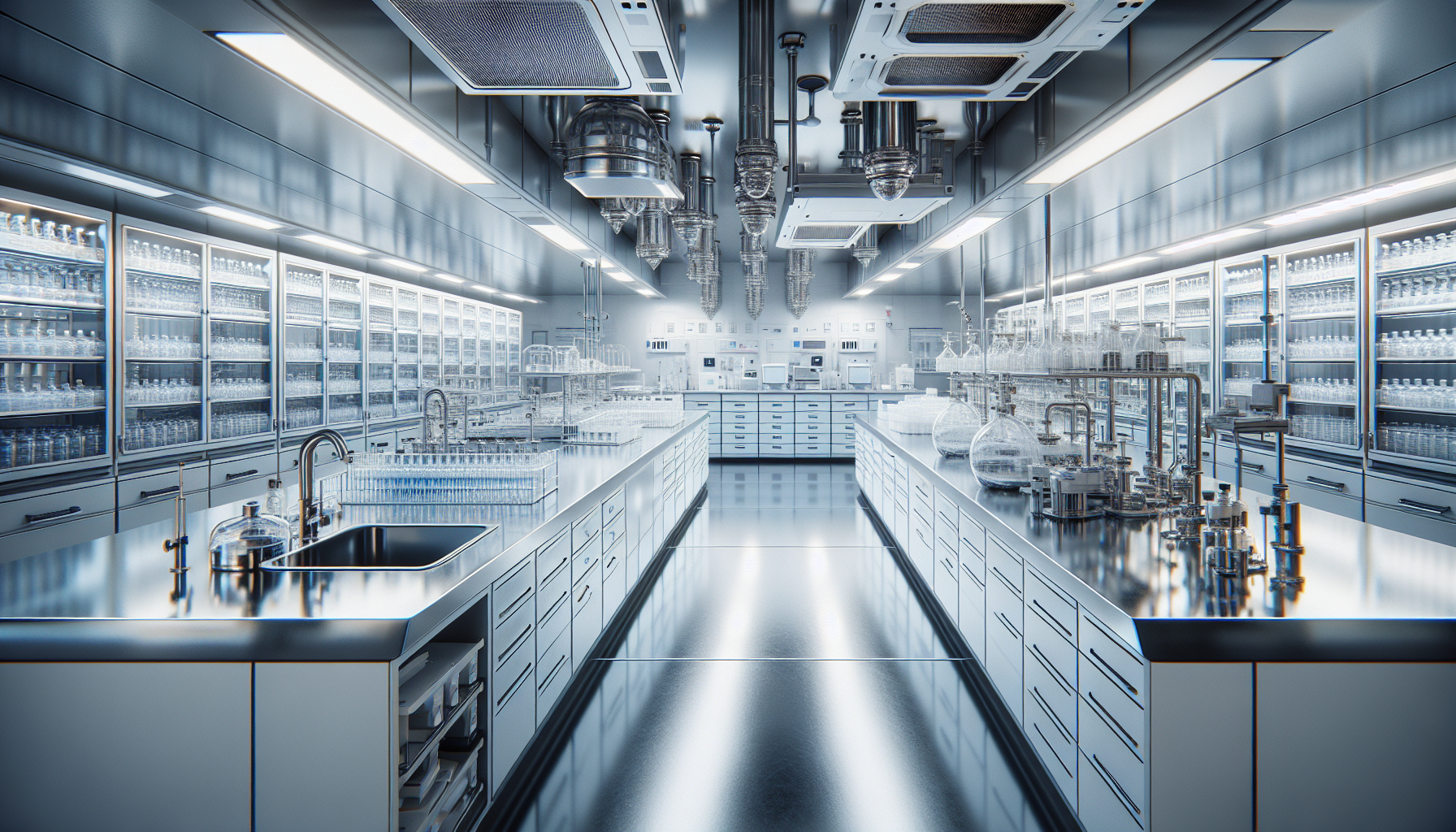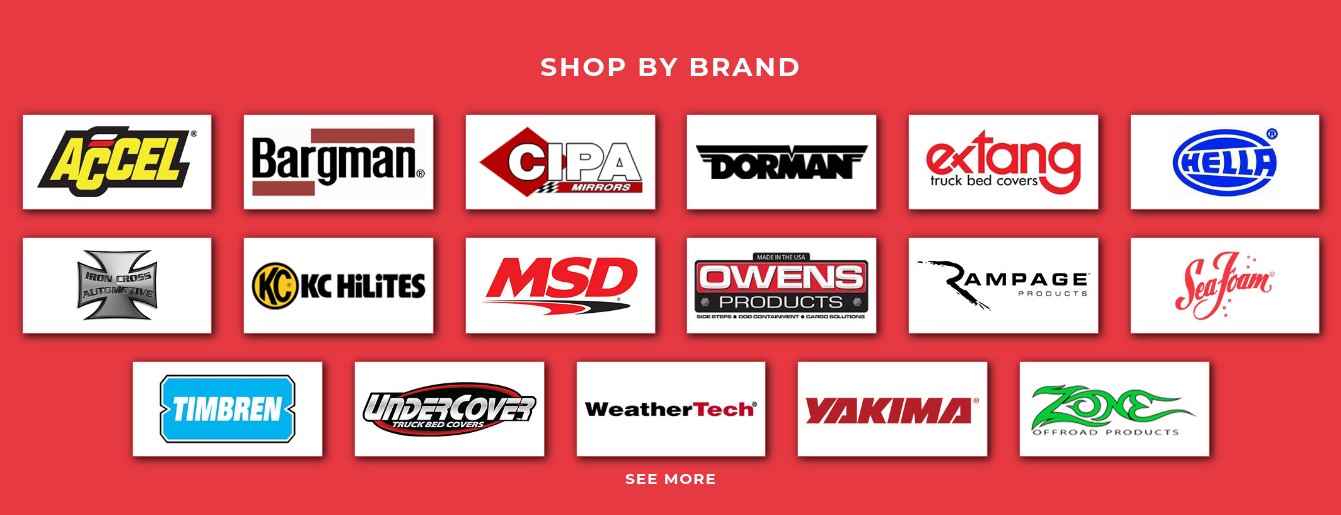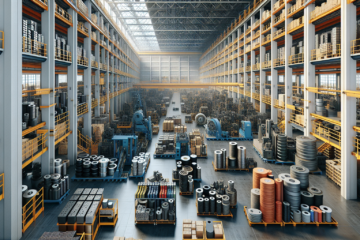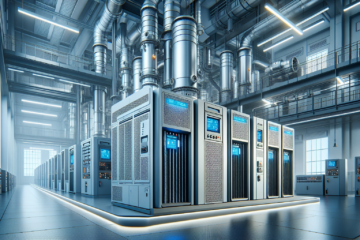In laboratory settings, ensuring the quality of the air is essential for the safety of personnel and the accuracy of experiments. To achieve this, reliable and effective air filtration systems are crucial.
There are several types of filtration technologies available, including HEPA and carbon filters, each designed to meet specific laboratory needs.
Understanding the differences between these systems is key to selecting the most suitable option.
Maintaining a healthy laboratory environment relies on the implementation of the right air filtration system. Sentry Air Systems offers a range of filtration options to ensure the purity of the air in lab settings.
These systems play a critical role in removing aerosols and other contaminants from the air, contributing to a safe and productive working environment
Understanding Air Filtration Essentials
. A healthy and safe environment depends on the effectiveness of air filtration systems.
Clean air is vital, especially in laboratories and industrial facilities, where airborne contaminants can pose serious health risks.
Different types of air filtration systems, including activated carbon and electrostatic options, are available.
Each system is designed to target specific particles and aerosols, ensuring optimal indoor air quality. Choosing the right system involves considering factors like the size of the environment and the type of contaminants present.
Regular maintenance and testing are essential for ensuring optimal performance.
Employing a hepa air cleaner in the laboratory environment can help to minimize airborne infectious particles and improve indoor air quality.
.

Key Components of Air Filtration Systems
When it comes to maintaining clean and healthy indoor air quality, air filtration systems are a crucial component. Understanding the essential elements that make up these systems is key to ensuring that they effectively remove harmful particles and contaminants from the air we breathe.
One vital component is the HEPA filter, which plays a critical role in capturing tiny respiratory droplets carrying infectious agents, thus preventing their transmission through ventilation systems.
MERV 13 filters are particularly effective in trapping dust, allergens, and infectious aerosols, making the air safer to breathe.
In the context of HVAC systems, these key components work together to ensure optimal performance and air quality, ultimately promoting a healthier indoor environment
The Significance of HEPA Filters
In today’s modern society, maintaining clean and healthy indoor air quality is vital for the well-being of individuals and the environment. HEPA filters play a crucial role in achieving this goal by effectively removing particulate matter and improving air quality within various settings, including laboratories and medical facilities.
With the ongoing concerns about airborne transmission of hazardous viruses such as influenza and coronavirus, the CDC recommends the use of HEPA filters to minimize the risk of infection and improve overall air quality
Air Quality and Filtration in Laboratories
In order to protect researchers, workers, and the public, maintaining a safe and healthy environment in laboratories is crucial. Airborne contaminants, including pathogens and chemical fumes, pose significant risks, making high-quality air filtration systems essential.
Guidelines for air filtration standards and containment measures are provided by the National Air Filtration Association and ASHRAE to protect against the spread of droplet nuclei and other airborne particles.
Risk reduction and infection control are also achieved through the use of portable air filtration units and UV technology.
It is imperative to ensure that air quality and filtration in laboratories meet these standards for the well-being of all involved
Role of Sentry Air Systems
Sentry Air Systems offer crucial protection against the spread of airborne infectious diseases. These advanced air filtration systems are equipped with top-tier filters that demonstrate exceptional efficiency in removing particles, ultimately minimizing the transmission of germs and infections.
The comprehensive layer of precaution that Sentry Air Systems provide is essential in creating a safe and healthy environment and reducing the risk of disease transmission.
Featuring a total of 11 filters, including germicidal filters, these purifiers play a vital role in maintaining clean and safe air quality.
The applications of air filtration systems in laboratories further emphasize the significance of Sentry Air Systems in various settings, highlighting their indispensable role in disease prevention and control
Combatting Airborne Pathogens
In biomedical settings, where the risk of infection is high, it is essential to understand the threat of airborne pathogens. Prevention of illness begins with this understanding, and the implementation of effective air filtration systems can minimize the transmission route by trapping particles of various sizes through inhalation.
Utilizing aerosol containment strategies in laboratory and office building settings is crucial to reduce the risk of illness.
The minimum efficiency reporting value of filtration systems plays a significant role in combating airborne pathogens, as these pathogens can remain airborne for extended periods and play a significant role in infection control
Enhancing Indoor Ventilation
When addressing indoor air quality, it is crucial to prioritize the cleanliness and safety of the air we breathe. Indoor ventilation systems play a vital role in creating a healthy environment, filtering out particles as small as 5 microns to eliminate pollutants and allergens.
Efficiency values of these filtration systems are important indicators of their performance, ensuring high-quality air indoors.
In line with CDC recommendations, proper ventilation and air filtration are essential for preventing the spread of airborne diseases like tuberculosis and COVID-
Secondary engineering controls, such as extraction systems, are designed to simulate laboratory ventilation and uphold safety procedures. Sentry Air Systems offers a range of filtration systems to optimize indoor air quality, providing a clean and safe environment for all occupants
Advanced Filtration Technologies for Modern Challenges
In today’s ever-evolving world, the landscape of modern challenges has led to the development of groundbreaking technologies that are revolutionizing the way we address contemporary concerns. Understanding the intricacies of these innovative solutions allows us to gain a deeper appreciation of their pivotal role in overcoming pressing issues.
Through further exploration on our website, you can access valuable insights into the impact of these cutting-edge technologies.
Advanced filtration systems have become indispensable in various industries, ensuring optimal air quality in HVAC equipment and promoting the safety and productivity of indoor workers.
In laboratory settings, methods to minimize the risk of inhaling aerosolized substances are essential, especially during a pandemic. The integration of ultraviolet filtration standards has proven to be a promising measure in eliminating harmful pathogens in controlled environments
Impact of Advanced Filtration Systems
- Advanced filtration systems ensure optimal air quality in HVAC equipment
- These systems promote the safety and productivity of indoor workers
- Minimizing the risk of inhaling aerosolized substances is essential, especially during a pandemic
- The integration of ultraviolet filtration standards has proven to be a promising measure in eliminating harmful pathogens in controlled environments
Diamond Eye Performance Boost Diesel Exhaust
Texas Gasket Seal Supplier ORing Neoprene EPDM




